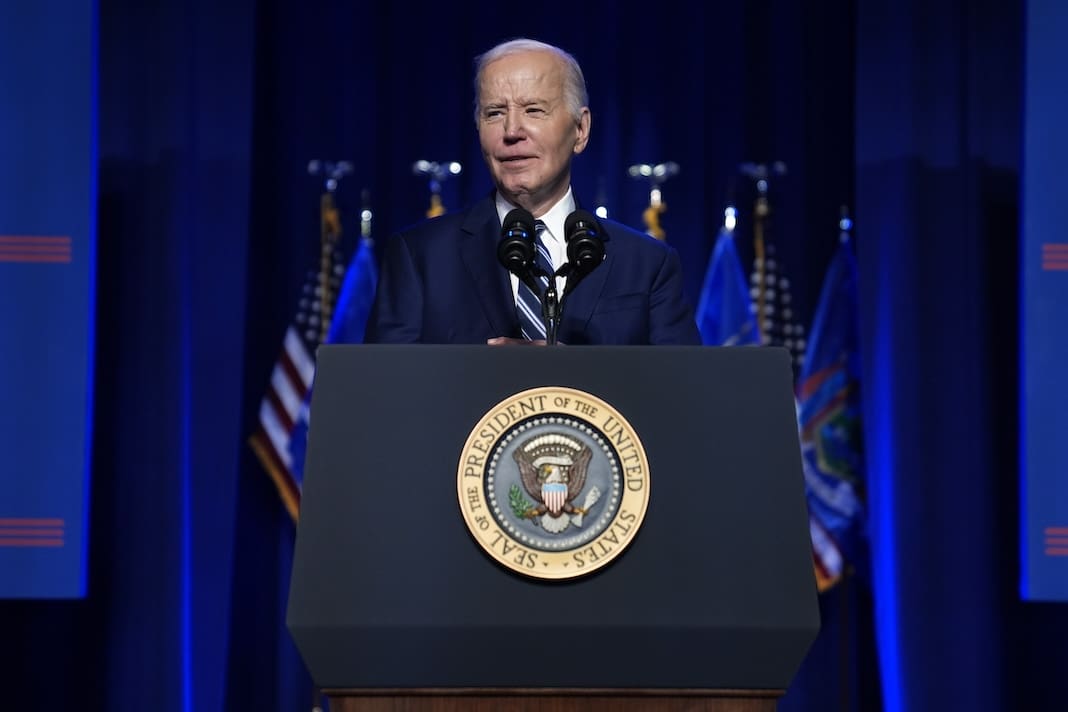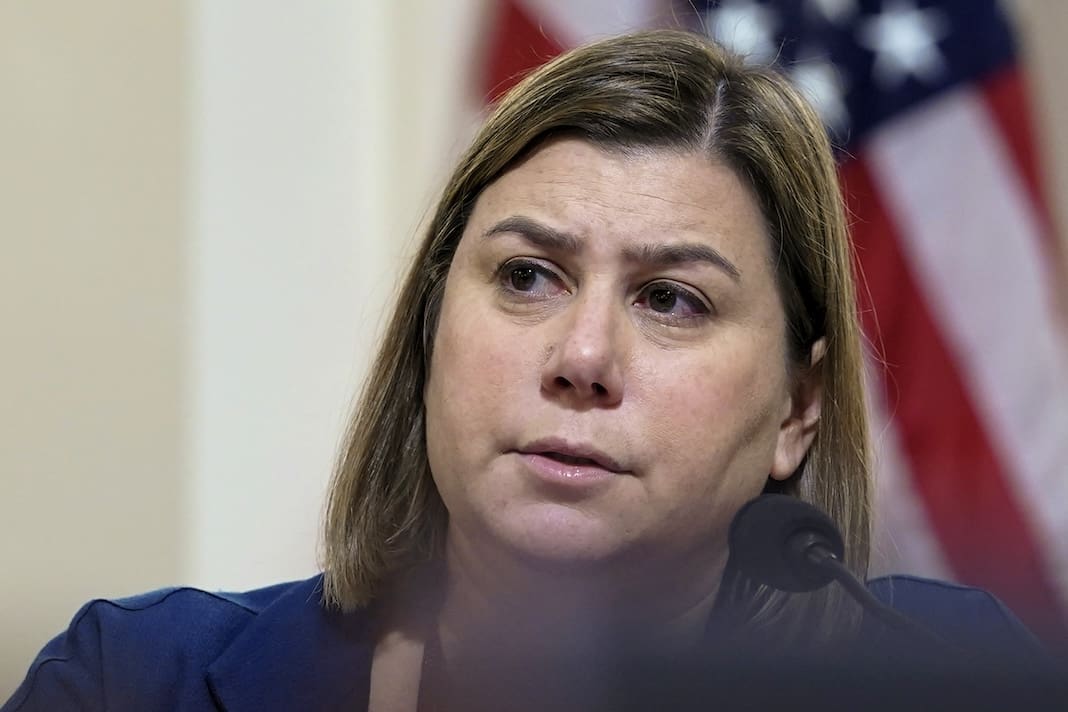Millions of veterans get more health care benefits ahead of schedule
Two Michigan Republicans voted against the 2022 PACT Act, which expanded health care benefits to military veterans.

The Department of Veterans Affairs announced on March 5 that millions of veterans who previously did not qualify will now be eligible to enroll in the VA health care system. These benefits were originally scheduled to be available in multiple phases ending in 2032, but President Joe Biden directed the agency to deliver the benefits ahead of schedule.
In 2022, Congress passed the Sergeant First Class Heath Robinson Honoring our Promise to Address Comprehensive Toxics Act, also known as the PACT Act. Biden signed the legislation in August of that year.
The law provided primarily for the expansion of health care benefits to military veterans who may have been exposed to toxic chemicals during their time in service, including those who served in the Vietnam War, the Gulf War, the Afghanistan War, the Iraq War, and in other military operations combating international terrorism following 9/11.
A 2015 report from the VA estimated that 3.5 million veterans may have been exposed to toxins via burn pits, which were used to dispose of waste collected on military bases in Afghanistan and Iraq. Many veterans who served in the Vietnam War were exposed to Agent Orange, a herbicide that was used throughout the conflict. Originally, the law prescribed a phased-in approach for the new benefits, with groups of veterans becoming eligible in annual intervals between 2022 and 2032. But in a speech delivered on Veterans Day in November 2023, Biden announced that he had directed the VA to make all veterans affected by the new law eligible for benefits in March 2024.
The VA described the ongoing outreach campaign to encourage veterans to enroll as the largest in the agency’s history. Since the PACT Act became law, the VA said, it has held 2,500 related events nationwide, has sent out over 400 million emails and letters, and has spent $13 million advertising the program.
The PACT Act received bipartisan support and passed in the Senate by unanimous consent without opposition. In the House, it passed by a margin of 342-88.
Two Michigan Republicans, Reps. Bill Huizenga and Lisa McClain, were among the minority who voted against the bill. The remainder of the delegation, including all of its Democrats, voted for the law.“While I’m grateful to the Michigan Democrats who voted to help those exposed to toxic substances in the line of duty, I’m appalled that Republicans Bill Huizenga and Lisa McClain voted against providing lifesaving care to those who put their lives on the line for our country,” Michigan Democratic Party Chair Lavora Barnes said in an August 2022 statement.
The legislation has overwhelming support from the public.A poll of 1,455 likely voters conducted June 15-21, 2022, by Data for Progress found that 93% of respondents either strongly or somewhat supported the PACT Act. The support was bipartisan, with 91% of Republicans, 92% of independents, and 94% of Democrats saying they backed the legislation.




